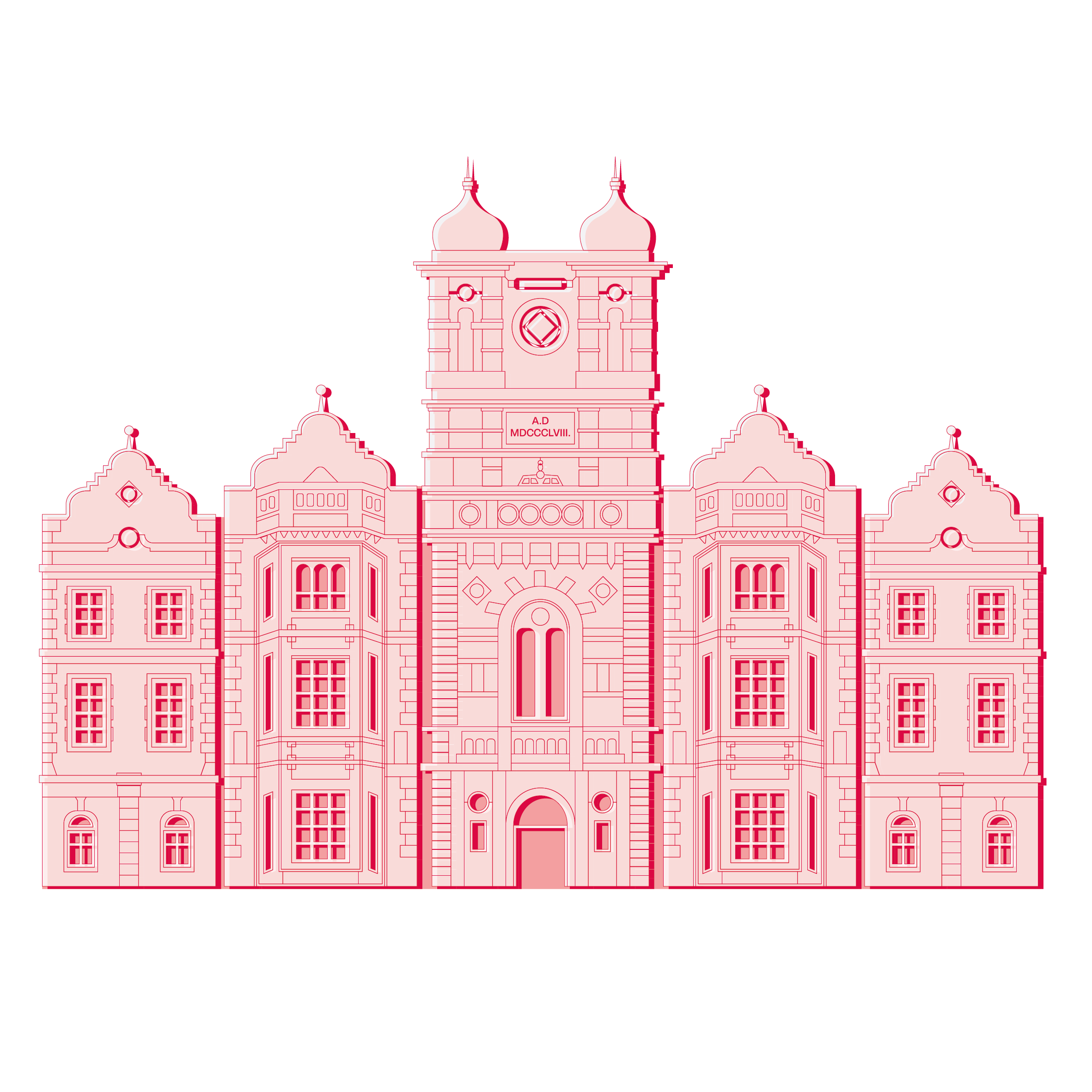Insights into Little Known Medical Secrets

Illustration Credit: Emily Pritchett
Ever wondered about the behind the scenes of medicine throughout the 19th and 20th century? Want to know more about the work Florence Nightingale did? Or how prisons were used to perform population wide experiments to determine if the inmates had a genetic disposition to criminal acts?
The Thackray Museum of Medicine is excited to announce the return of their popular annual “Insights Lectures” this autumn. The talks aim to further the mission for the public to engage with academic debate over the development and history of medicine. These talks go beyond what we can see in the museum collections and provide in-depth knowledge on how we look after ourselves and push us to assess our own needs by understanding the roots, peaks, and troughs of healthcare evolution. Leading researchers from a variety of fields will work in tandem to provide topical insights varying from medical history and the environment to ethics, politics and Victorian architecture.
I spoke to Laura Sellers; the curator of the lectures, about the importance of the talks, and the clarity they provide in a contemporary world of swirling digital infodemics and medical misinformation, particularly since COIVD-19. Laura emphasises that as healthcare consumers, we must understand where things come from; the sources, the human cost and history of innovation, developing research and enlightening skeletal remains allowing reinterpretation of misunderstood communities. These elements allow us to re-frame the way we look at ourselves and others. For example, if we followed the advice of Donald Trump to inject disinfectant into our bodies (classed as an “expert” by his presidential title) during the COVID-19 pandemic, we can assume the death rates of the virus would have been significantly larger in the US. Consider the unfathomable concept that doctors used to promote cigarettes! By immersing ourselves in historical narratives, the lectures give the everyday public liberty and opportunity to understand how, why, and when information changes, allowing freedom to make informed decisions on our own health and wellbeing.
The first of the monthly lectures commence on the 4th of November, where Laura Sellers and Dr Stella Butler (Librarian Emeritus at UOL and Honorary Research Fellow at UCL) will discuss Florence Nightingale’s revolutionary transformation of hospitals and a key psychological question as to whether criminality is a human characteristic that we can change or if it is innate to people. Laura was able to give us a preview of what is to come; during the 19th century, the concept of a “prison” was still unestablished. Early ideas focussed on time in prison representing a reformatory period whereby convicts would emerge cognitively changed. You may be surprised to hear that this did not work! Eventually, they concluded that healthcare was the only way to truly change prison life. From this idea, they could keep re-building and improving prisons, whether that be ventilation, or access to work, constant tweaks were made.
“It was actually a prison doctor who discovered you can get Vitamin C from a potato!”
He could do this because prisons essentially consisted of a controlled experimental body. Residents lived the same way, ate the same food, wore the same clothes, and performed the same labour; “everything about their lives was managed, which means you can effectively experiment on that population.” The results of observing and adjusting elements of prison life meant they could try and work out if criminality is, indeed, a changeable human characteristic or if it is innate to people. These observations fundamentally “changed how punishment happened in the UK”.
Everyone learns in different ways and lectures are not for everyone. Laura is trying to use as many wide-ranging events and topics as possible, relevant to the Harehills and St. James’s Hospital community as well as the wider population of Leeds, particularly university students. Laura’s main objective is to reach and inform as many people as she can. The museum are increasing their use of digital platforms and local community engagement; “What we try and do is give people access in different ways”. Again, when reliable, impartial, and accurate medical information is readily accessible, we are free to make more informed choices for our health.
The museum is located in Harehills, just a 30-minute walk from Leeds Train Station, with easy access to regular buses. The museum offers much more than just the Insights Lectures, including its Culture Club, targeted at a slightly younger audience (16-21). Tickets for the lectures are priced at £10 (or £60 for the full series) and can be found on The Thackray Museum of Medicine website under “What’s On“.
